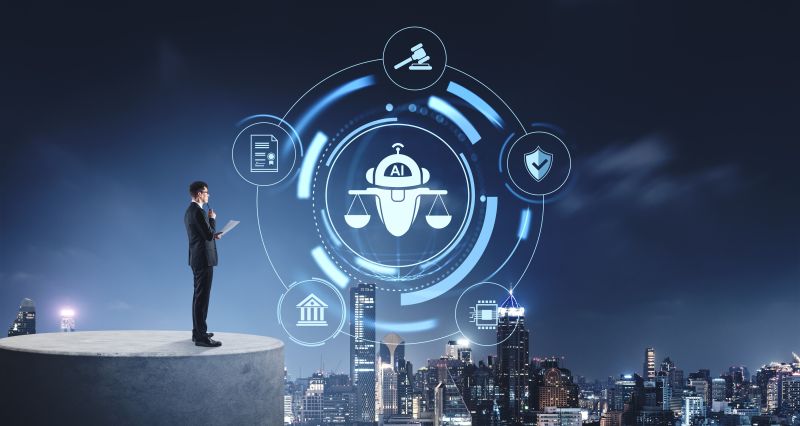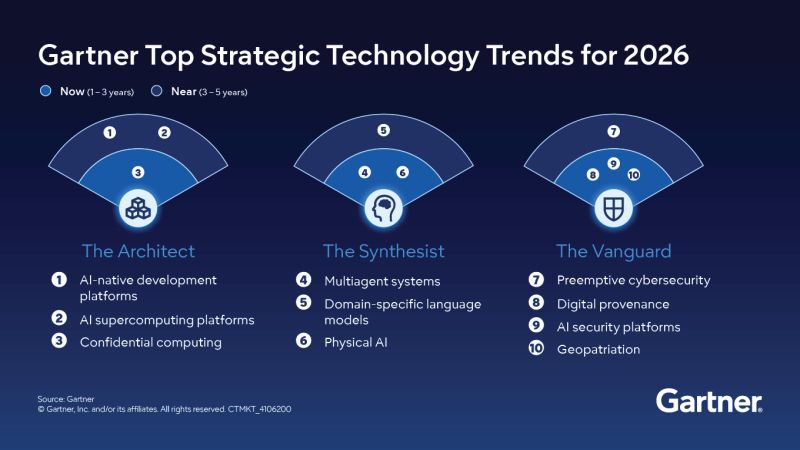
Legaltech Hub Hub (LTH), a trusted source for legal tech insights, analysis, and advisory, just published an insightful piece on the state of AI in the legal industry, highlighting emerging AI companies, notable M&As, and the latest funding activity.
One of the most interesting takeaways is a shift in AI pricing, long a concern and barrier for smaller firms and law departments. According to LTH, several legal tech companies now include GenAI capabilities as part of their core offerings rather than selling them as standalone products or add-ons.
The key trend to watch, as LTH puts it, is the “democratization of AI” and how easier, more affordable access to GenAI could soon become the new status quo.
Article link: https://lnkd.in/eNgj534v










